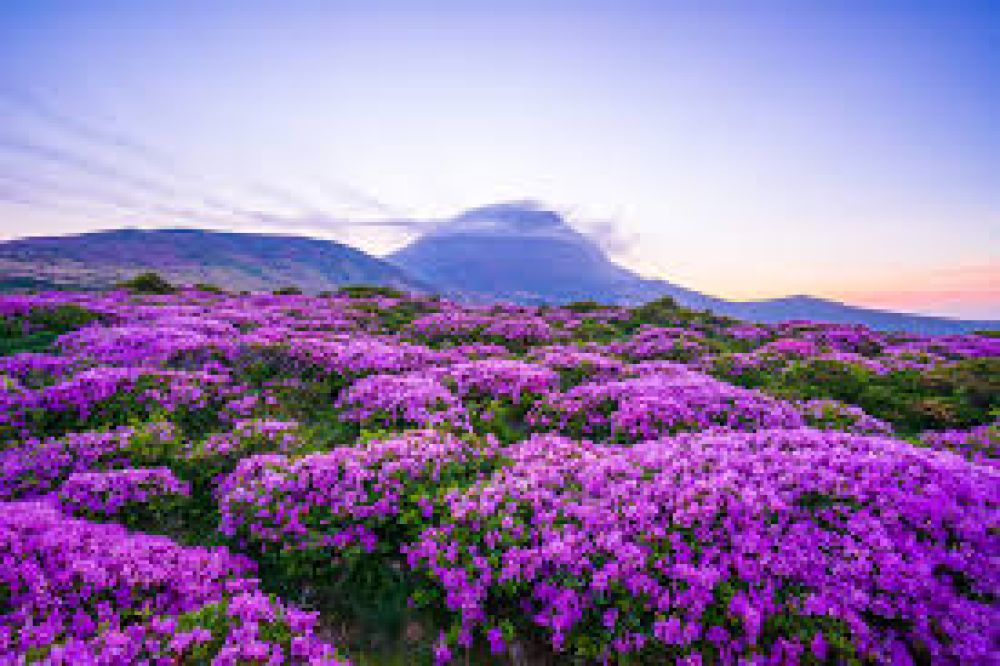Hallasan National Park, located on Jeju Island in South Korea, is centered around Hallasan Mountain, the highest peak in South Korea. The park is renowned for its ecological diversity, with over 1,800 plant species and 4,000 animal species. It features a variety of hiking trails that cater to all levels of hikers, each trail offering its own unique view of the mountain's volcanic landscape and the surrounding island. Crater Lake, also known as Baengnokdam, is a highlight at the summit. The diverse range of ecosystems from subtropical to alpine is remarkable, and visitors can enjoy the distinct changes in flora and fauna as they ascend. The park's geological value, including its well-preserved volcanic structures, earned it a designation as a UNESCO World Heritage Site. Additionally, there are cultural and historical sites within its periphery, making it a comprehensive destination for nature enthusiasts, trekkers, and those interested in Korea’s natural heritage. The park's management practices focus on conservation, ensuring the protection of this unique environment for future generations.

